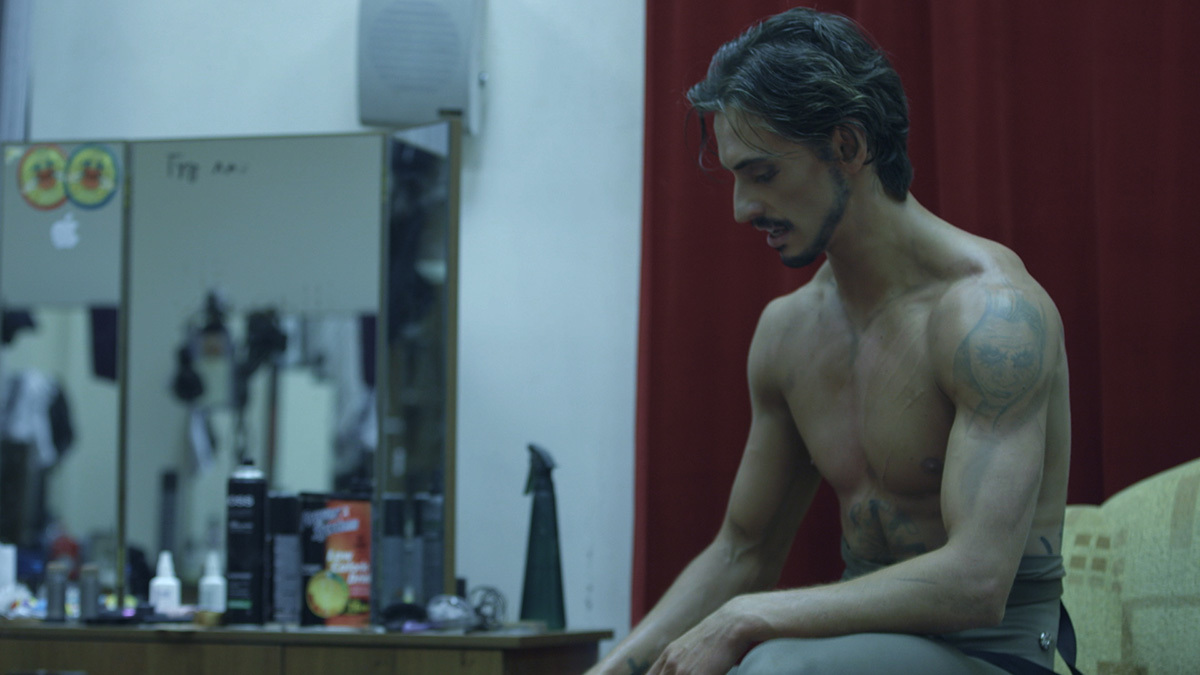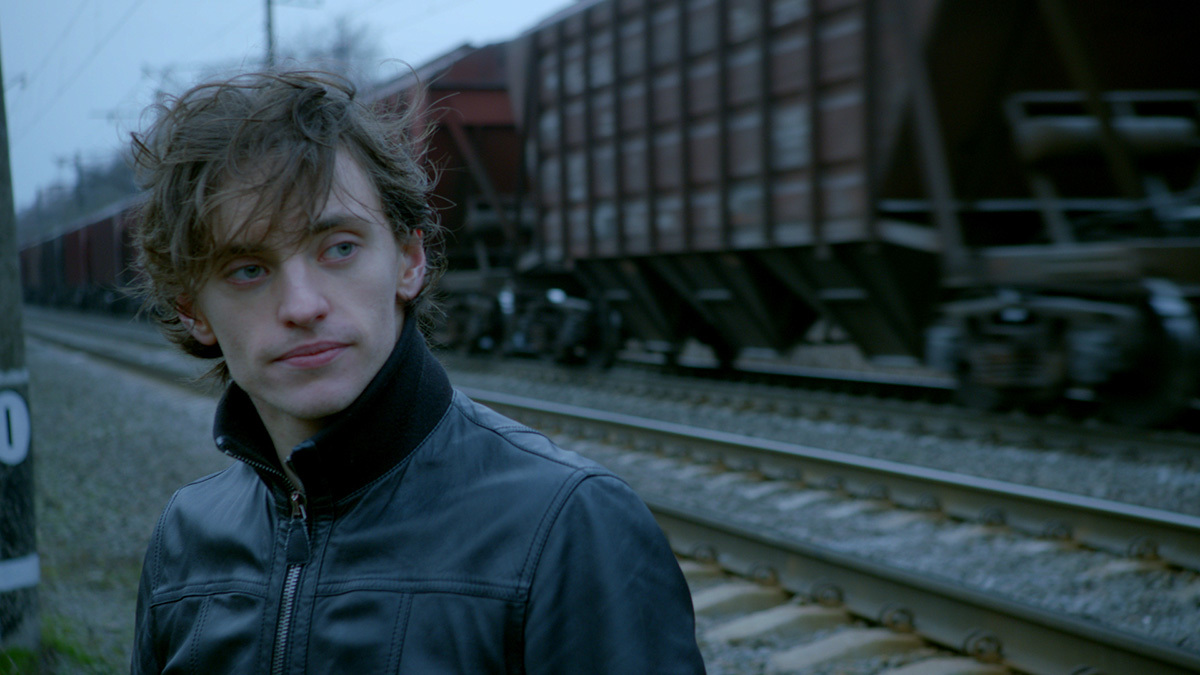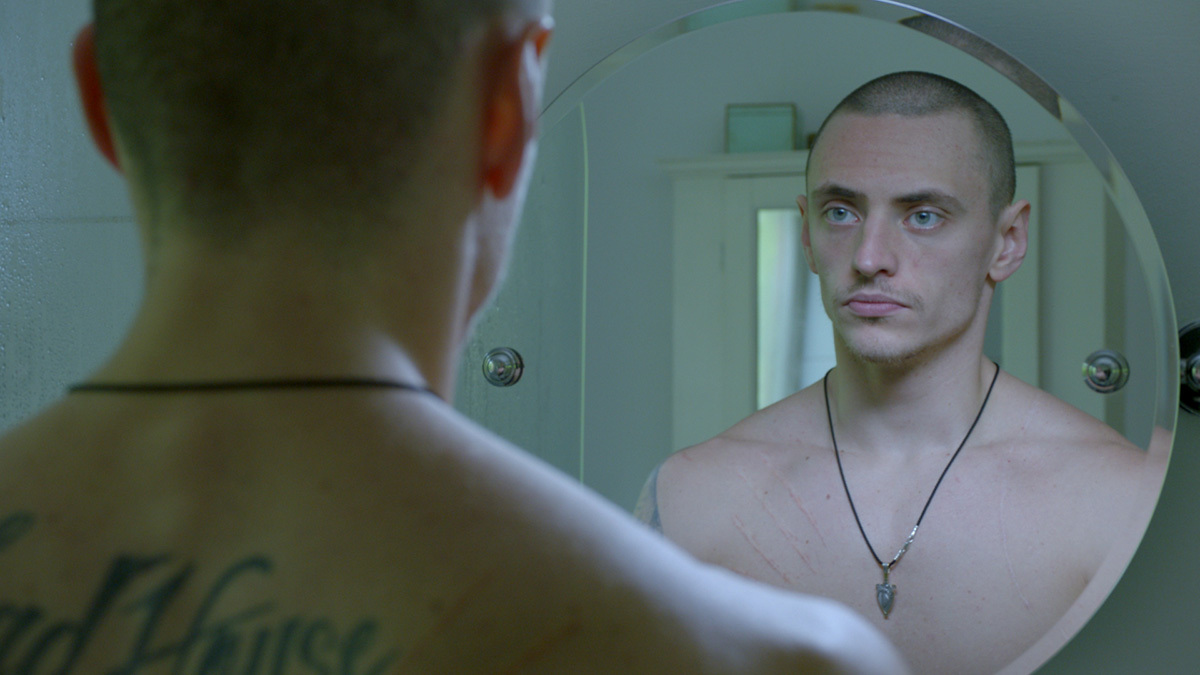Type the name Sergei Polunin into Google and you’ll be met with a whole array of increasingly incredulous headlines and storylines. Sergei Polunin walks out of Royal Ballet! Sergei Polunin opens up about drug abuse! Sergei Polunin ate my hamster! Okay, we made the last one up, but you get the point. Sergei Polunin is the ballet industry’s enfant terrible, its anti-hero, its Mickey Rourke. The star that burns brightest until being overshadowed by personal failings and career decisions; tantrums, tattoos and tutus.
But boy, did he burn bright. Born in the depressed town of Kherson, southern Ukraine, Sergei overcame money issues and family struggles to became the Royal Ballet’s youngest ever principal at 19. Comparisons to acclaimed dancer Rudolf Nureyev followed. Tickets to see him sold out two years in advance. All signs seemed to point towards a fairytale future. And yet.
Sergei was unhappy. Unhappy with the pressure. Unhappy with the restrictions that came with such a heavily promoted position. In 2012, as stories of cocaine use and a volatile temper began to swirl, Sergei did the unthinkable: he quit the Royal Ballet, claiming that “the artist inside [him] had died”. He was 22 years old.
What happened next is the subject of a brand new documentary by Steven Cantor. Following Sergei as he embarks on a fresh start in Russia, a career change in Hollywood and the intentioned last dance that ended up triggering his return from the edge – a four-minute piece set to Hozier’s Take Me to Church that racked up over 16 million YouTube views – Dancer explores what happens when someone reaches the top of their profession, only to look around and realise it’s not what they wanted. When what first appeared to be a blessing, turns out to be a curse. As it hits cinemas tomorrow, we sat down with Sergei to discuss the film and what, if anything, he could have done to avoid reaching breaking pointe.
How did the film first come about?
It was because of the producer, Gabrielle Tana. She was doing a film on Nureyev – she’s doing it right now actually – and was trying to approach me about the role. She was searching for ten years, you know how films are. And she approached me and was talking to me and she was talking to other people and they said, Oh, why don’t you do something about someone who is alive now? And she said, Yeah, that could be something interesting. So we went into it without knowing what we were doing at all. How do you make a documentary about someone who is alive? And what’s the documentary going to be about? And it took many turns. It took any years. Like, five years. And it went different direction, you know? What is this going to be about? I took a few years to trust because I didn’t know what they were digging into. I didn’t know the person. I didn’t google her or anything like that. And right at the end, they found all the footage from when I was young. That was towards the end.
What was it like watching it back?
I didn’t want to watch it. I didn’t want to participate in what it’s going to be about…
But do you think it’s an accurate depiction?
I think it is. It was. There was nothing fake there, which is good. Maybe one or two conversations where you were pushed to talk… But it was really, in a way, therapeutic. I’d never talked to my mum about things. So the whole experience was really, very good for family. We were communicating. I was talking to them. That was really, really good.

The film follows so many of those big moments in your life… Leaving the Royal Ballet, moving to Russia… When you were watching it back, did you ever think, God, I wish I’d done that differently?
Sometimes you do think that but it depends what state of mind you’re in, you know? You always have two sides. Even for the end of the documentary, it was a choice. Do you end up in a positive way or an easy way or a crazy way? It’s really like your choice in life. So when I’m more positive or I’m trying to be good, I think, oh, I wish I would have done this in a stronger way. I could have stayed in the Royal Ballet and taken off from there. But when I’m in a more crazy state, it’s more like, Yeah! That’s great! Because, you know, I’m not always trying to be good. I never wanted to be a good example. I wanted to be the bad one. So, it depends what state of mind you’re in whether you go one way or another.
With that in mind, how imperative is it for the dance industry to develop better systems for dealing with dancers’ mental states?
For sure. If I’d had a manager or an agent I could trust, it could have been literally a couple of words. Sergei, take three days off. Let me go and talk to them… Nothing so crazy was going on to not be able to deal with me or talk to me or talk to the Royal Ballet. I literally went to the director, spoke and said, I don’t want to do this anymore. And he was like, Okay! Now I’ve got an amazing agent, Simon Beresford, and he said, you know, if he’d have been there, he’d have said, take a week off. He deals with amazing actors and he said that if an actor has stress, he says, take three months off. Take half a year off. Go for a holiday. Go to an island. Be on a beach. Come back when you’re rested. But when you’re by yourself, you deal with it the way you think. And all I knew was to destroy everything and try to rebuild from scratch. But I got hooked on destroying things. You get in a loop. And it’s very satisfying. You destroy and destroy and soon as you build a tiny bit, you destroy again. So I got in that loop of not building. Of constantly going up and down.
Did you feel an obligation to live up to your “the bad boy of ballet” rep?
I don’t actually like the term… But I never liked perfect examples either. I always thought the guys who society think are bad, are actually the good ones. I don’t necessarily think they’re bad people. They’re the ones who are willing to take all this dirt…. Society’s strange and a group of people are strange. One person says, oh, my God and everyone else says, yeah, yeah yeah. It’s like a chain reaction.
Why then do you think you continued to dance after the Take Me to Church shoot in 2015?
I was traveling for about a year trying to find things I wanted to do and I decided I wanted to go 100% into acting. And the producer of the documentary, Gabrielle, said, great, we will help you with everything you want to do. She loved me like a son and she said, I will put you into Actors Studio in L.A. and I will help you do that. And I felt sure I was going to. And for four months I wasn’t dancing much, just keeping in shape for Take Me to Church, which was going to be my last dance. It was like a nine hour shoot. And because I prepared for it to be the last dance, I got really empty. Emotionally empty. I had a really clear state of mind to think and somehow, I was like, I’m leaving something behind. I wasn’t big headed, thinking people need me or anything like that. But I felt like I had something I hadn’t done yet, which I needed to accomplish. I was working with David LaChapelle and I said, I’m leaving. He was like, stay, let’s edit the video! I said no, I have to go and dance. It was a really strong urge. And I went back to Russia for three months and I just danced for free. I didn’t want any money. I just wanted to know that I was doing it because I love doing it. And after three months, I was like okay, what can I do with it? So we started travelling again. It wasn’t easy. Even a year ago, we had nothing. I came over to London with no team, just me and Gabrielle. Nobody would even listen to us. But when David released Take Me to Church, people started to again. We went to the theatres and they were listening to us again. People took us more seriously, rather than just a film producer and a crazy guy.

Are things like that David LaChapelle video the future of ballet? How important is it that the art form starts to communicate on a wider scale?
I think it’s essential. It’s not even a joke. Ballet is completely dead. Everything’s been done a hundred years ago. The same ballets. Okay, Giselle, It’s great, it’s important to keep it alive. But would a young person go and see it? I would never even suggest it! Go and see Broadway, go and see theatre. Don’t go and see ballet because it’s ancient. So it needs to be more popular, it needs to go on TV, it needs to expand. It’s the only art form that didn’t expand. It’s the only art form that doesn’t have managers or agents. It stayed closed but it’s not royal anymore. It’s not like the Queen goes there. So it’s kind of downgraded in that sense, but never expanded to the wider audience. I’m not talking about dropping the standard. I’m talking about the same standard, but reaching bigger audiences. If it’s a good quality dance, ballet is one of the best things to see.
Dancer is released in cinemas on 10 March
Credits
Text Matthew Whitehouse
